2018 WBrC champion Emi competition beans Brazil Datra Manor Daterra Farm sharp body bourbon introduction
Brazil | Daterra FarmDaterra Farm of Datra Manor
In 1974, Datra Manor was founded in PATROCINIO, MINAS province, Brazil.
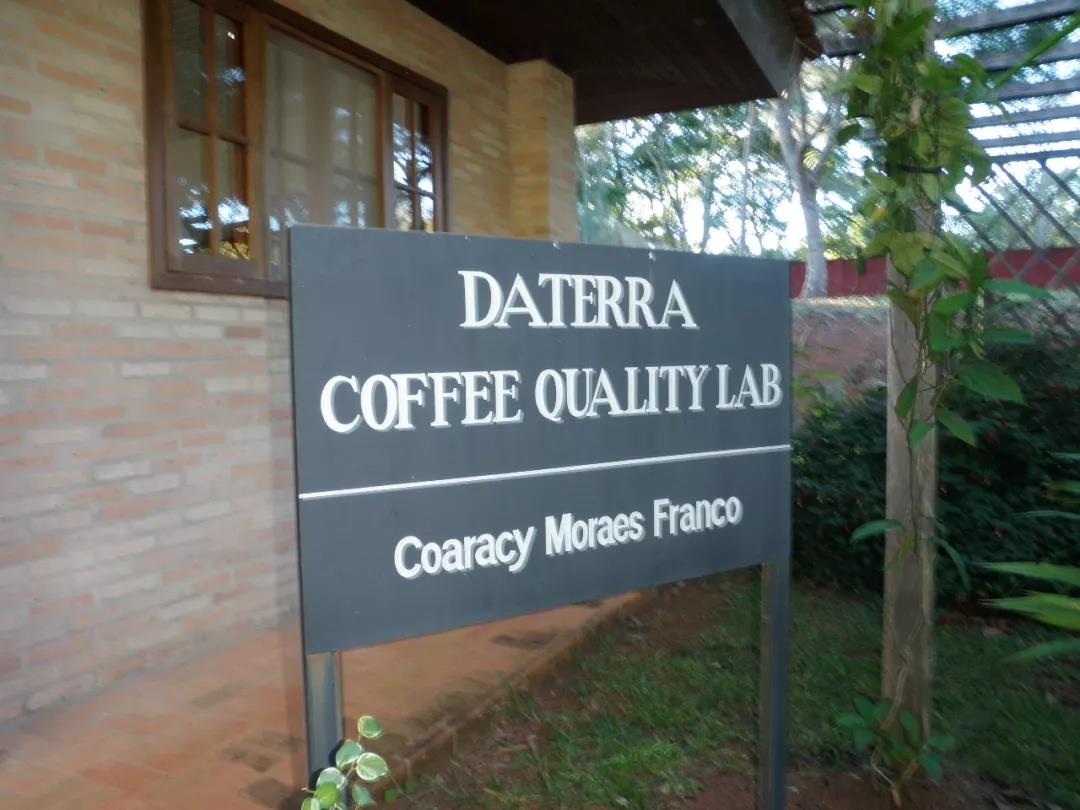
In its start-up period, avocados and cattle were mainly grown. It was only in the 1980s that coffee was cultivated wholeheartedly. Compared to the history of Brazilian coffee, Datra is a young manor. Because he is young, he is completely scientific and technological.
Datra has more than 50% of protected areas, while paying attention to production quality, staff welfare and sustainable management, which is the benchmark of social responsibility and environmental protection in coffee plantations.
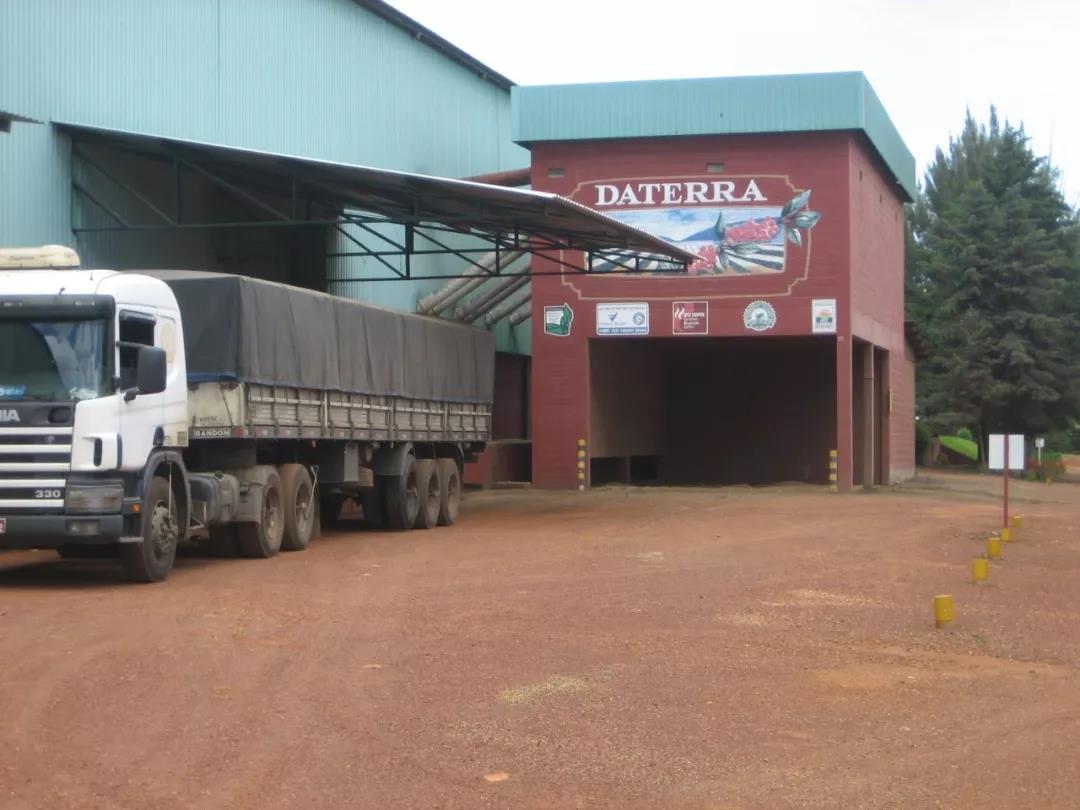
The Datra farm is located above 1150 meters above sea level, with an average temperature of about 25 degrees. All Arabica coffee is produced, and the coffee quality is better during the dry season. The farm is distributed in different blocks, according to which the varieties are divided, rainfall and production records are recorded. Production management and monitoring.
Sustainability has always been the core of Datra, constantly looking for better eco-agricultural practices through research with scientists. Optimize the use of water, recycle water for treatment, produce organic fertilizers, maintain original forests, wildlife and ecology, and maintain 50% of the ecological reserves and employees, local groups, customers and suppliers to communicate environmental knowledge and promote environmental education. Daterra is committed to regularly revising the environmental management system and continuous improvement.
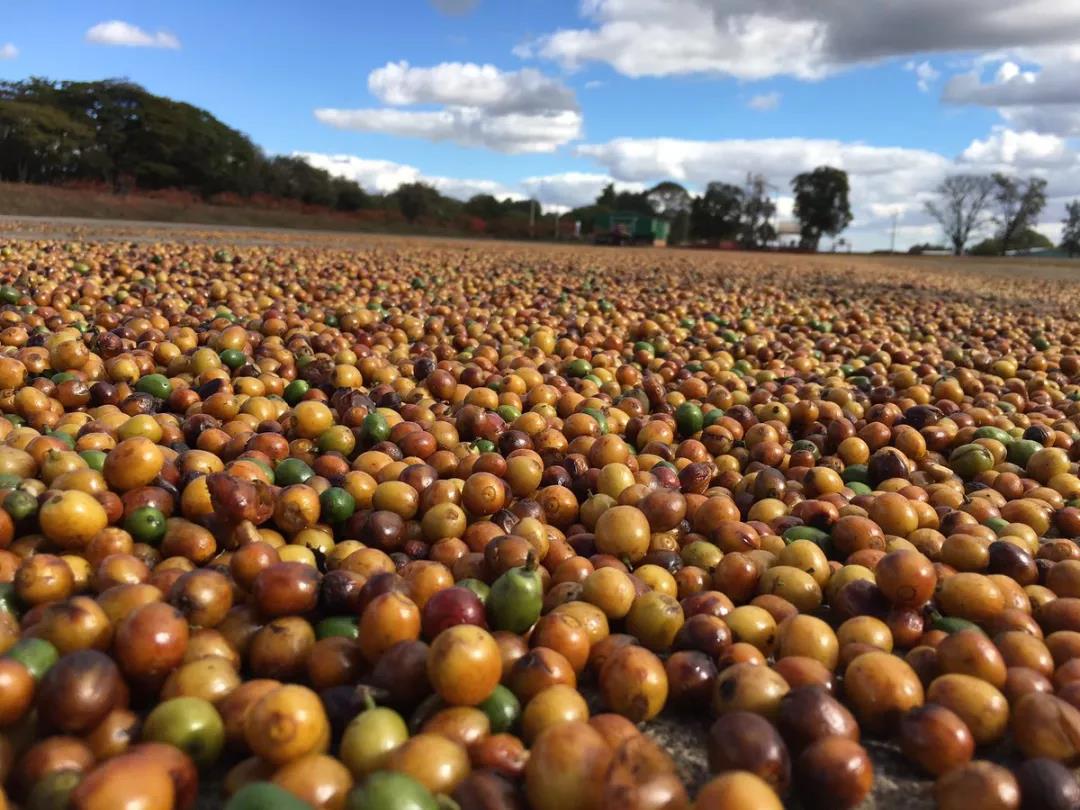
The manor is equipped with highly modern coffee processing facilities and strict quality control. At present, Ipanema has 5500 hectares of plantable land, scattered in three historic coffee farms Conquistar, Capoeirinha and Rio Verde, all of which are located in the most famous Sul de Minas region of Brazil. At the beginning of its establishment, Ipanema cooperated with Brazilian senior agricultural experts to analyze the soil, climate, altitude and geological characteristics of these three areas. And in more than 40 years of planting experience to produce today's high-quality boutique coffee.
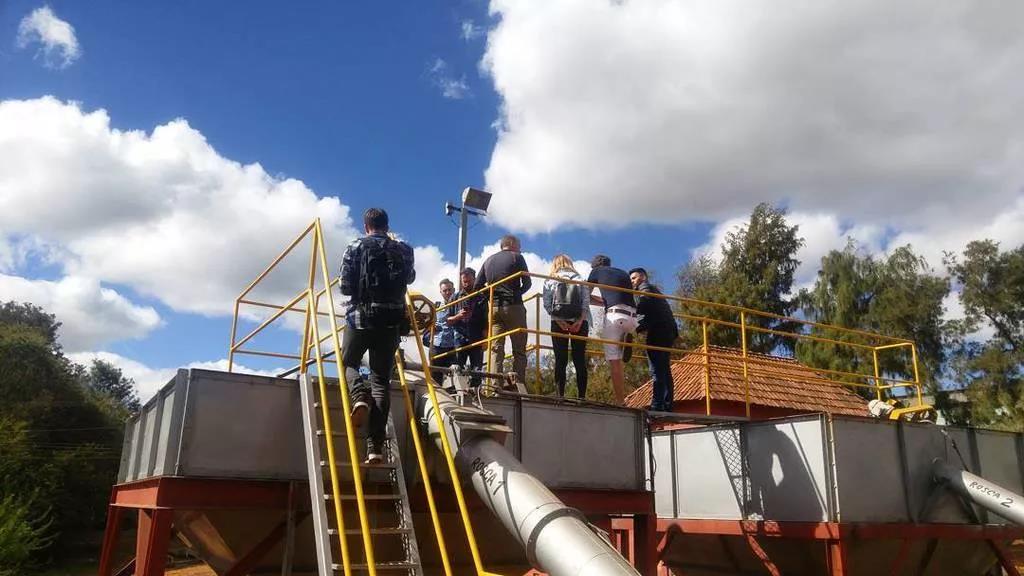
In addition to coffee cultivation, sustainable management (Sustainable) is Ipanema's commitment to consumers through cooperation with agronomic scientists to seek a better operation model for coffee and ecology, of which 1200 hectares are reserved for ecological sustainable development. Through these efforts, Ipanema obtained UTZ certification in 2002 and rainforest conservation union certification in 2004.
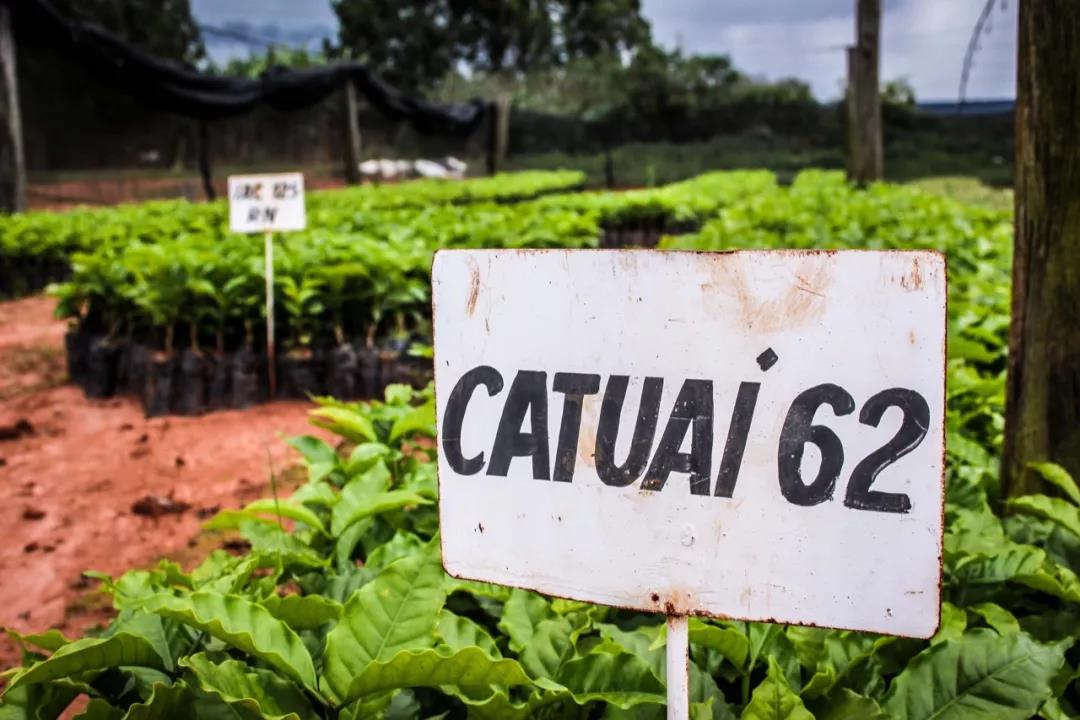
Although Brazil produces a large number of raw currency coffee beans, Daterra is divided into more than 200 mini-estates with a flat height of 1100 meters and subdivided into more than 2800 blocks, each of which is classified and managed separately, and a complex system has been developed, combined with specially developed software and equipment to locate and monitor rainfall, temperature, harvest and other data by satellite, so it has passed the ISO14001 certification.
From planting to harvest to sorting, transportation and other links, methodically select high-quality coffee.
The annual output is up to 14, 000 tons and about 15 million coffee trees are planted, but 150000 native trees are preserved. In addition to having a favorable planting environment, the farm attaches importance to rainforest, water and ecological protection, as well as labor rights and interests. Let the farm coffee beans have the certification of four international organizations.
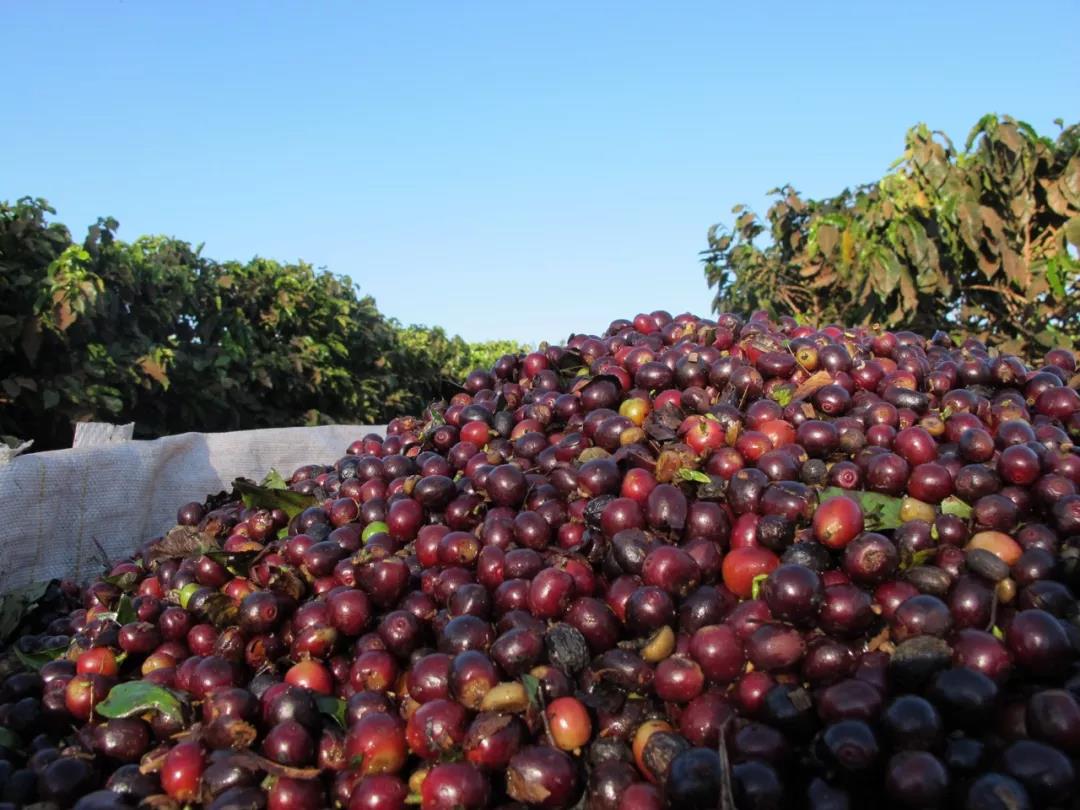
They are:
ISO14001-Environmental Management System certification; IBD Organic organic certification; UTZ Kapeh good coffee certification; Rainforest Alliance-Sustainable Agriculture Network Seal rainforest certification.
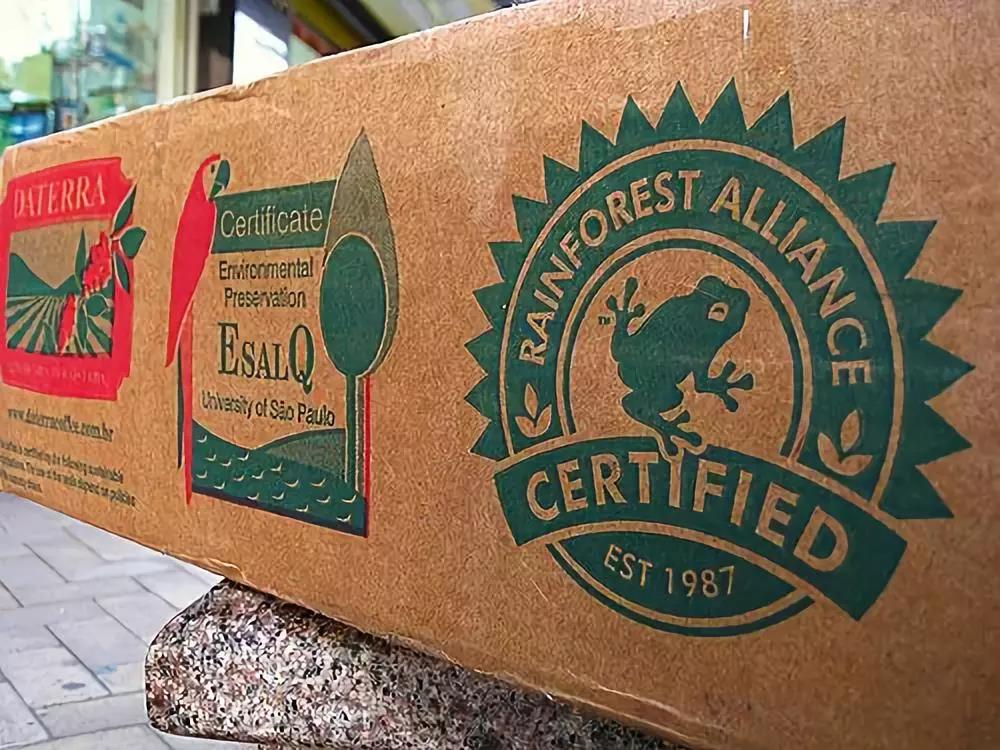
Contrary to what many people think, Datra's production area is small. In fact, coffee plantations are made up of a series of small farms: more specifically, Datra coffee plantations are divided into 216 small farms, covering only 5 to 15 hectares.
Each of them is tracked in a GPS-based system, and we know all the history and information about each small area as if it were a single plantation in a farmer's backyard.
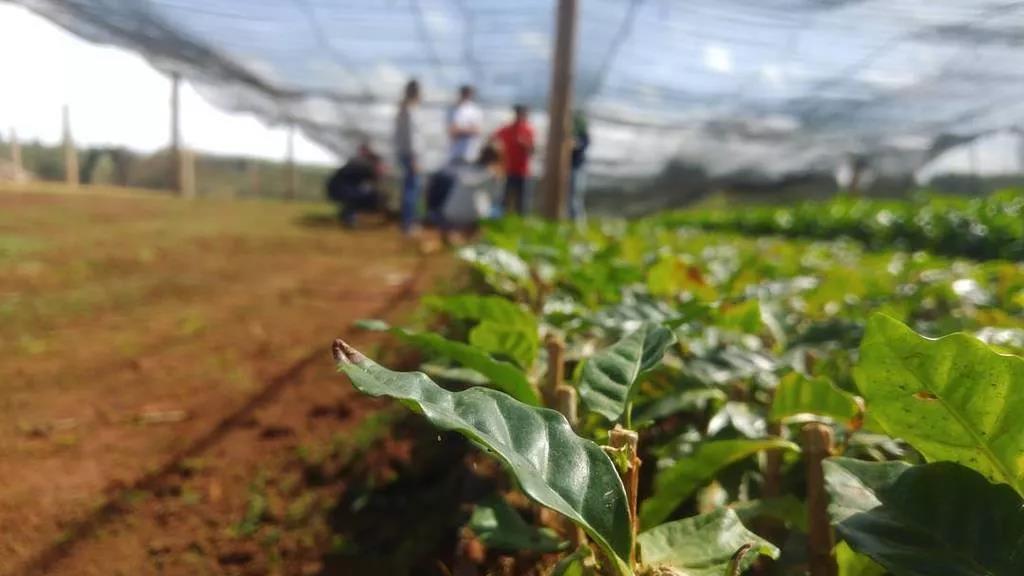
Each cherry is harvested separately according to the best maturity of the cherry. This moment is determined by filling the coffee as many times as needed before the coffee is harvested until the coffee reaches its best ripening point.
These wonderful coffee cherries must be separated and sorted to produce the best coffee beans. Cherry is a new and unique technique selected by its natural ripening stage. It guides each coffee cherry to the mature group to which it belongs. This is a 10-year process of design, development and construction.
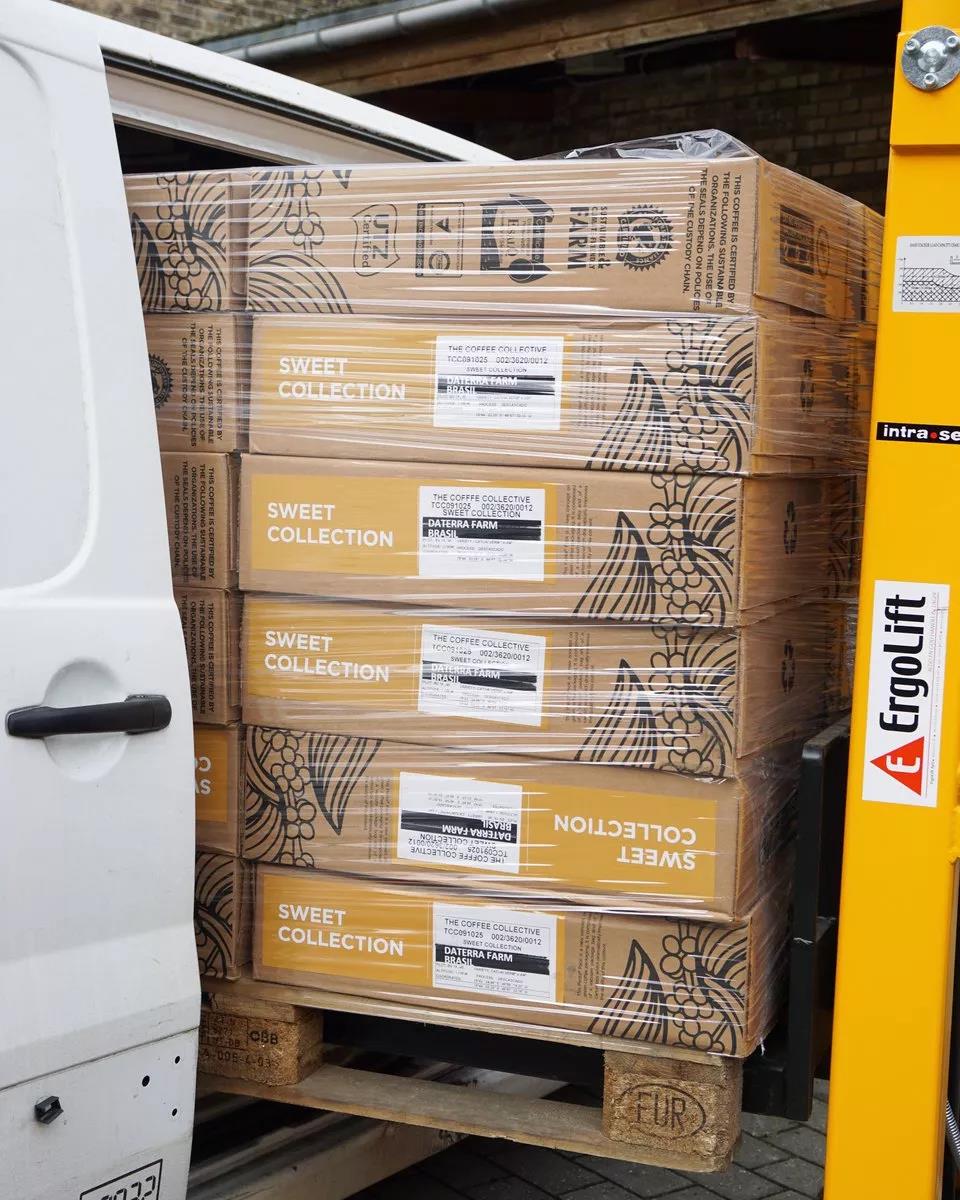
The beans are precisely dried to the appropriate humidity level, and then taken to a wooden silo to "rest" for more than 40 days, softening its taste and highlighting all the positive features that will be found later in the cup.
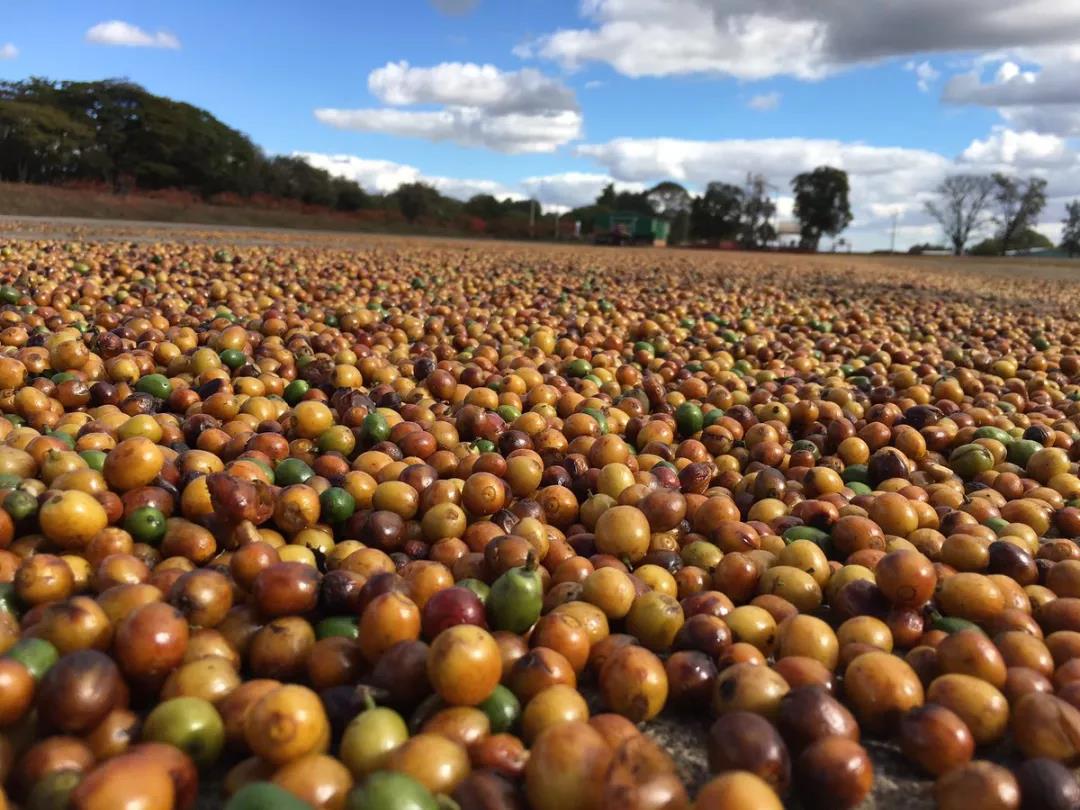
All the minor defects are sorted through a complex sorting process, separated from screen size and modern density to a set of five electronic sorters. These classifiers use different and complementary optical sorting systems to minimize defects. The product is a very clean and pure coffee batch that contains only the most perfect bean production with the care of many people.
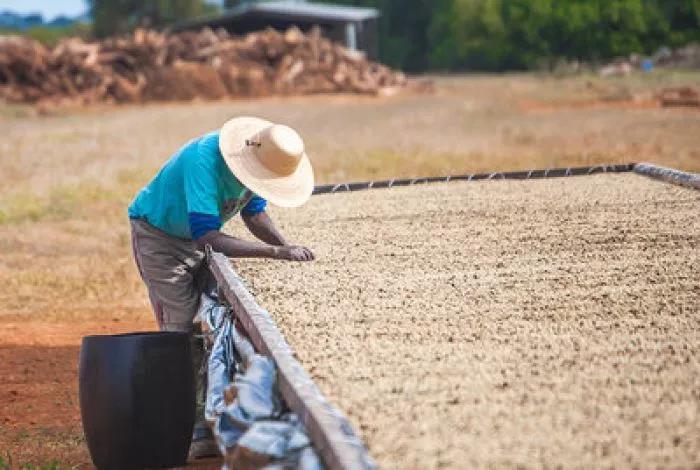
There is a great difference in flavor between Brazil and Brazil, with complex and high-quality sweet fruit aromas and comfortable citrus acidity. In addition, his aftertaste, mellow, and fragrance add the smell of vanilla caramel, and the reasons for his fame are Troels Poulsen and Klaus Thomsen, two WBC champions in 2005 and 2006. In all the espresso recipes used in the competition, Brazil's Datra Sweet Collection is included, and four of the top six contestants in the World Barista Championshios in 2008 used Datra's products.
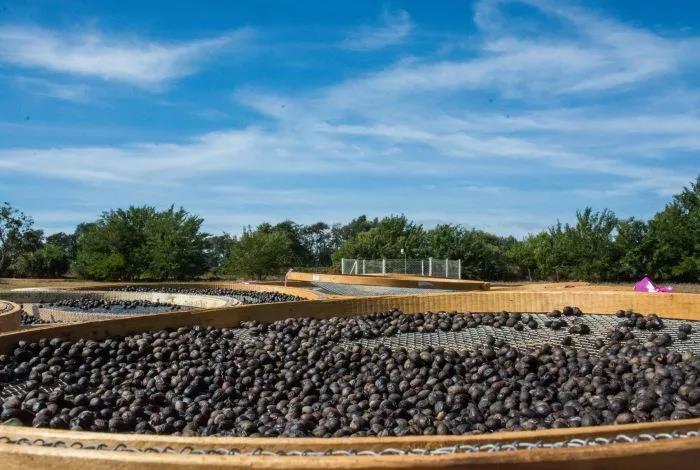
This year's 2018 WBrC, champion Emi is using the bean is the Brazilian Datra Manor Daterra Farm pointed Bourbon.
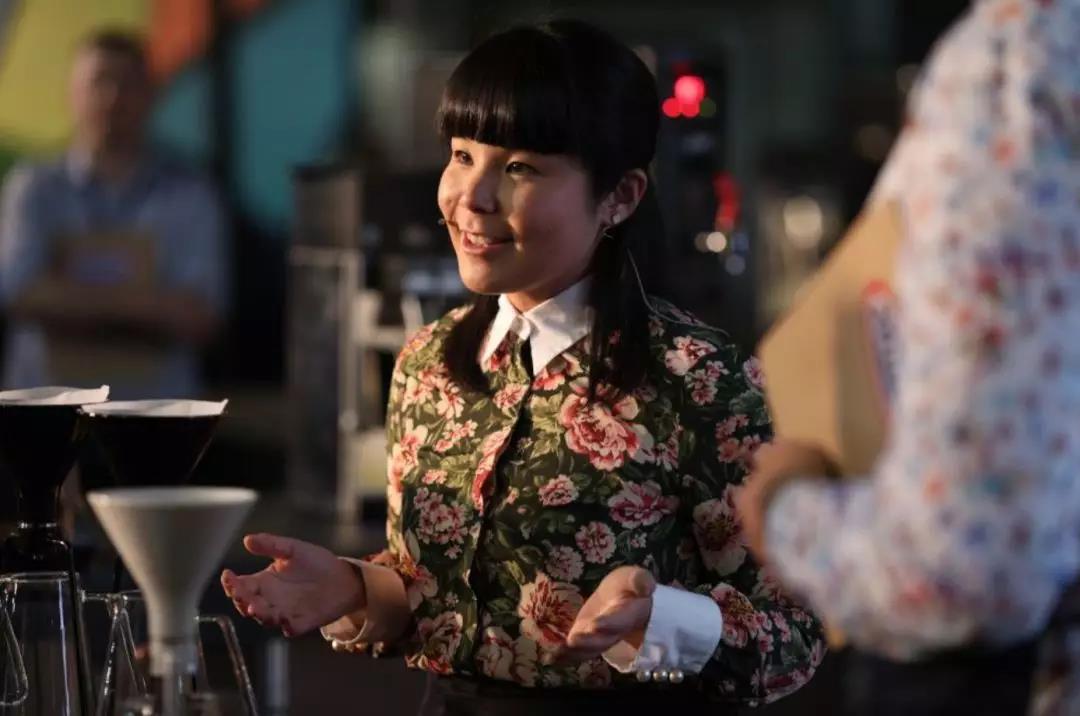
Bourbon Coffee Tip Bourbon
Pointed Bourbon (Bourbon Pointu): found in Bourbon Island in 1810, beans changed from round to pointed, with only half the caffeine content, but in small amounts, weak and extremely precious (mostly cultivated in the laboratory).
Bourbon Pointu has two other names, Laurina and Leroy, but neither is as loud as the first name. The reason why it is called sharp bourbon is that the bean shape is long and narrow and both ends are pointed, while the native species bourbon (some call it round bourbon) has a shorter bean body and a slightly oval outline.

Because of its good flavor and low caffeine content (which does not affect sleep), sharp bourbon has been popular as early as the 18th century, with many celebrities, such as French King Louise 15, and the novelist Balzac is a "fan". During the two hundred years of the 19th century, the sharp bourbon was widely planted on the island of bourbon, and its annual production reached a peak of 4,000 metric tons in 1800, but then a series of disasters such as hurricanes, fire ants and leaf rust followed, so that the planting decreased. Finally, in 1942, the last batch of sharp bourbon was shipped back to France, leaving only a pitiful 200 kilograms, and since then, sharp bourbon disappeared without a trace. Even the official documents are no longer mentioned. After the 1950s, coffee was no longer grown on Reunion, and agriculture on the island turned completely to other crops such as sugar cane. Coffee was no longer associated with Reunion, while pointed bourbon was recognized by the coffee industry as "extinct."
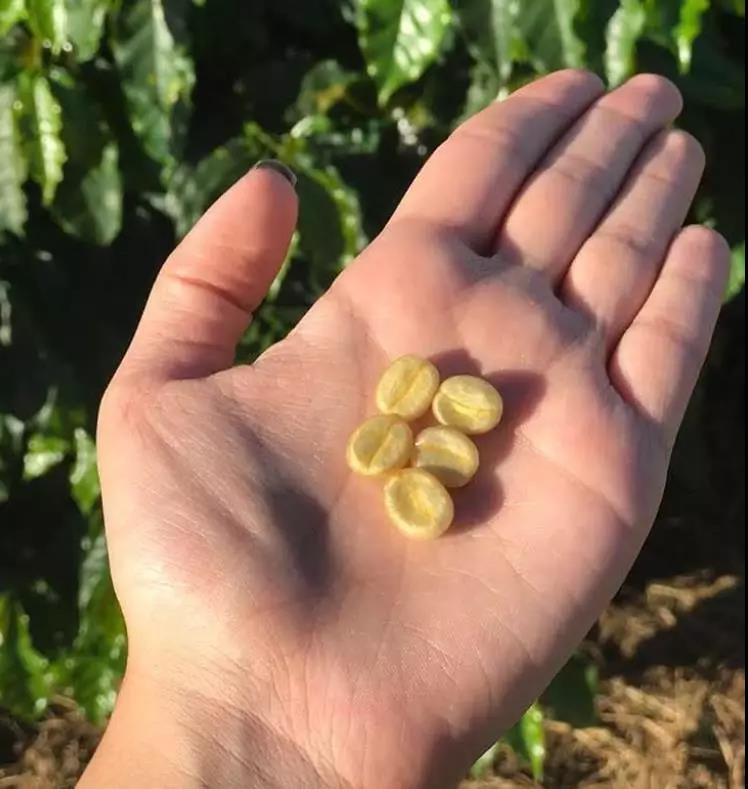
In view of this pointed bourbon, it disappeared for half a century and did not reappear until eight years ago, resulting in a bourbon pointed body made on the island of La Reunion in the international market. After the price reached more than 500yuan per 100g, Colombia also began to grow this bean, and only Camilo Merizalde, which is the source of many WBC champion beans, dared to take over the transplant of this bean, so this coffee bean, which produces only a few tons of coffee every year, is expensive.
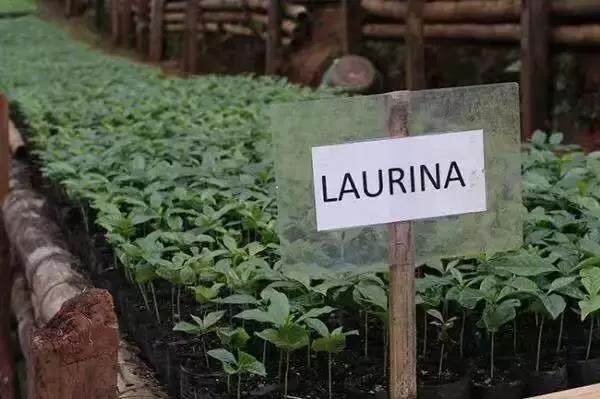
Flavor description in the file: bright sour taste, blueberry, vanilla smell, velvety smoothness
Important Notice :
前街咖啡 FrontStreet Coffee has moved to new addredd:
FrontStreet Coffee Address: 315,Donghua East Road,GuangZhou
Tel:020 38364473
- Prev
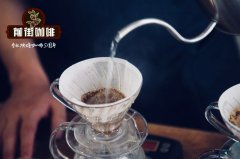
Centro Manor, Costa Rica | Red Kaduai | Red Honey treatment | Brumas Microprocessing Plant
Professional coffee knowledge exchange more coffee bean information please follow Coffee Workshop (Wechat official account cafe_style) Costa Rica Central Valley Brumas El Centro Villa Sarchi Red Honey Brumas processing Plant in the Valley of Central Costa Rica Centro Manor Vera Saud Red Honey treatment nicknamed [Honey King] Brumas Microprocessing Plant (B)
- Next
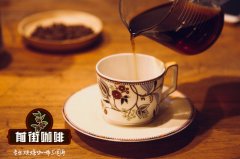
Pinot Manor El pino, Honduras introduces Honduran Rose Summer Coffee
Professional coffee knowledge exchange more coffee bean information please follow Coffee Workshop (Wechat official account cafe_style) Becamo SA, located in the Santa Rosa de Copan region of Honduras, is one of the most popular coffee exporters and state-of-the-art processing facilities in the Americas. The company was founded by Emilio Medina in 1983 and became Nuemann Kaffee in 1989
Related
- Does Rose Summer choose Blue, Green or Red? Detailed explanation of Rose Summer Coffee plots and Classification in Panamanian Jade Manor
- What is the difference between the origin, producing area, processing plant, cooperative and manor of coffee beans?
- How fine does the espresso powder fit? how to grind the espresso?
- Sca coffee roasting degree color card coffee roasting degree 8 roasting color values what do you mean?
- The practice of lattes: how to make lattes at home
- Introduction to Indonesian Fine Coffee beans-- Java Coffee producing area of Indonesian Arabica Coffee
- How much will the flavor of light and medium roasted rose summer be expressed? What baking level is rose summer suitable for?
- Introduction to the characteristics of washing, sun-drying or wet-planing coffee commonly used in Mantenin, Indonesia
- Price characteristics of Arabica Coffee Bean Starbucks introduction to Manning Coffee Bean Taste producing area Variety Manor
- What is the authentic Yega flavor? What are the flavor characteristics of the really excellent Yejasuffi coffee beans?

